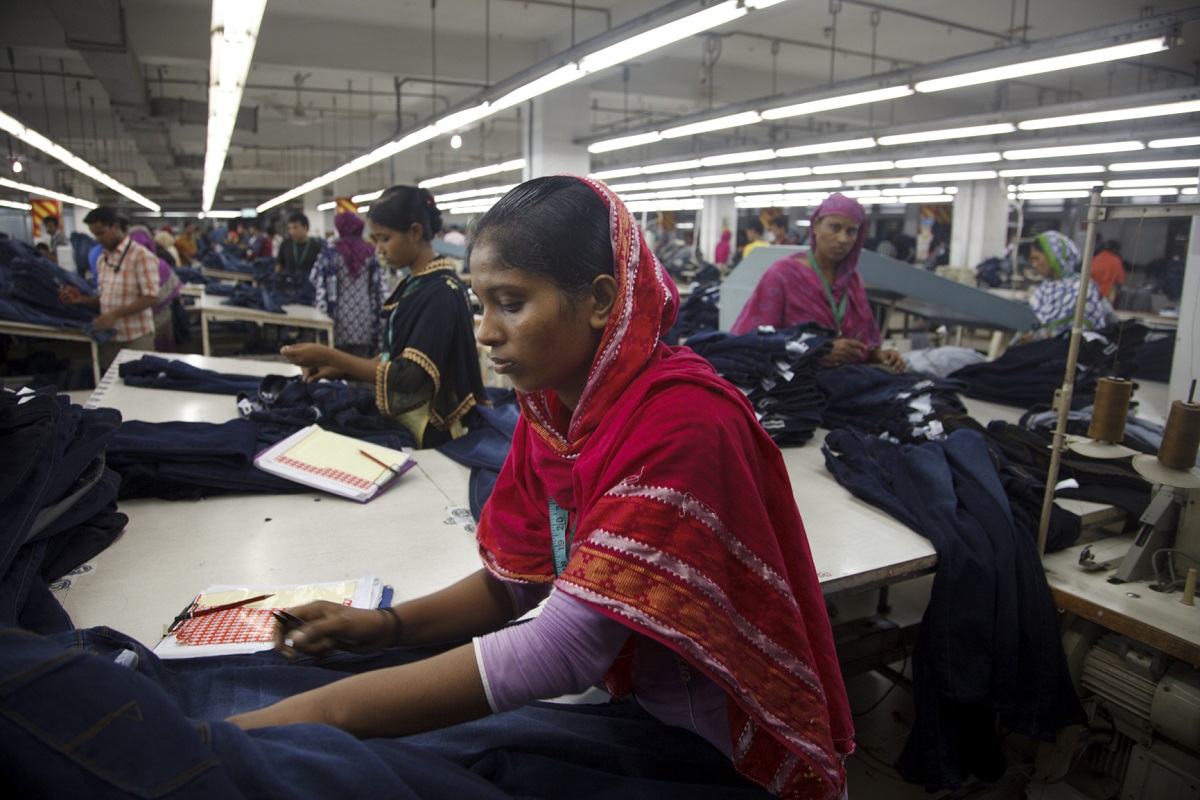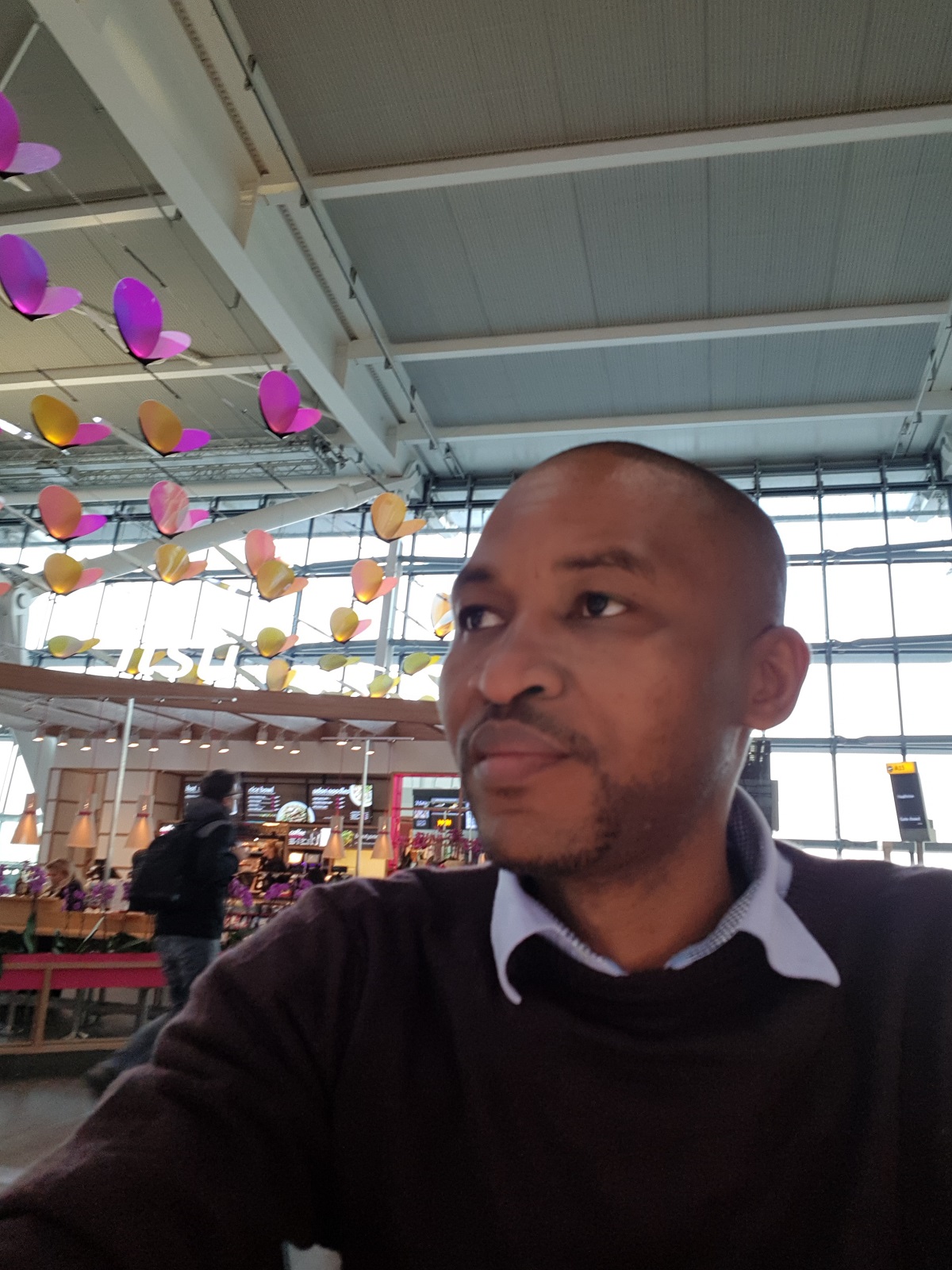News - 2021
A devastating factory fire, a deadly building collapse or severe environmental damage highlight the consequences of irresponsible business. Though less widely reported, in many countries the exploitation of workers and human rights abuses occur on...
A value chain, or the journey a commodity takes from production to consumer, involves a variety of activities performed by different operators, with the aim of delivering a valuable product to the market and eventually the consumer. Each link in...
Uche Okpara recently joined NRI staff as Fellow in Climate Change and State Fragility, but he was no stranger to NRI, having completed his MSc here in 2010. He had grown up watching his parents struggle to make a living from their Nigerian...




